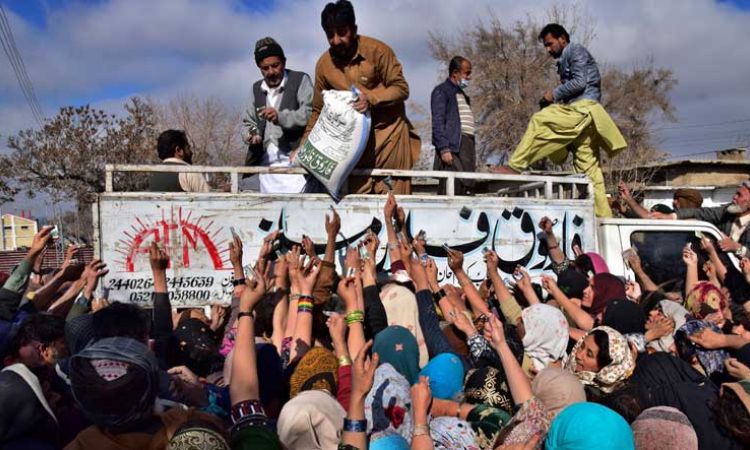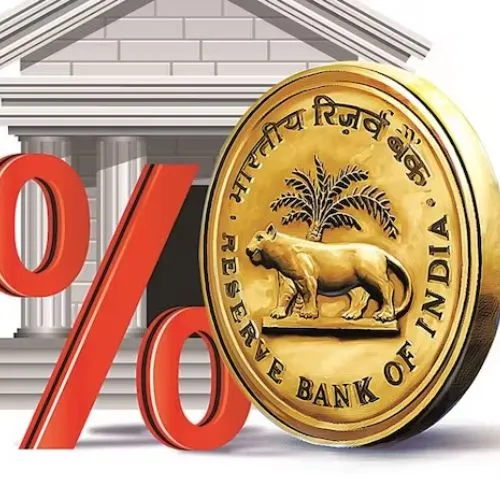The ongoing economic crisis in Pakistan has spurred a dramatic increase in irregular migration toward Europe, as individuals in dire circumstances seek enhanced prospects and financial stability overseas. Pakistan’s economy is grappling with severe challenges, characterized by soaring inflation and a contracting industrial sector, which has led to widespread unemployment and financial hardship. Against this backdrop, an escalating number of Pakistanis are resorting to illicit means to migrate to Europe, even at the peril of their lives.

Image@ Credit- The Week
Desperation Amidst an Economic Meltdown:
Pakistan’s economy, with an estimated value of $350 billion, has been severely impacted by inflation, surging to a worrisome peak of 38%. Currency depreciation and external deficits have compelled the government to adopt drastic measures to avert default. However, these measures have taken a heavy toll on growth and employment opportunities. With an unofficial unemployment rate estimated at 11-12%, individuals like Hameed Iqbal Bhatti are left with scant options but to explore perilous migration routes.
Hazards of Irregular Migration:
The recent tragedy involving Hameed Iqbal Bhatti and hundreds of others who went missing during a boat journey to Greece underscores the dangers faced by those attempting to enter Europe through illegal means. Driven by economic desperation, Pakistanis are risking their lives on treacherous voyages across the Mediterranean. Even prior to this incident, numerous Pakistanis had lost their lives in similar endeavors. Muhammad Nadeem, a salesman at a furniture store, drowned while seeking a brighter future for his family.
Economic Factors Fueling Migration:
Experts and data reviewed by Reuters reveal that the economic crisis in Pakistan is a major catalyst for the growing number of Pakistanis undertaking these perilous journeys. The country’s citizens perceive migration to Europe as an escape from economic hardships and an avenue to find employment opportunities. The depreciation of the rupee against the euro and dollar has made earning foreign currency abroad more appealing, as it magnifies the value when remitted back to Pakistan.
Limited Opportunities for Legal Migration:
Legal channels for migration are restricted, forcing many Pakistanis to rely on agents who present irregular migration as a faster and more cost-effective route to Europe. The dearth of employment prospects coupled with rising inflation makes irregular migration the sole viable option for individuals like Israr Mirza, who lost his job at a textile factory in Lahore. The allure of a better life and the ability to support their families drives people to take the risk, even if it means starting anew.
Impact on Pakistan’s Economy:
Pakistan heavily depends on remittances from overseas workers to sustain its struggling economy. In 2022, nearly 830,000 individuals registered as overseas workers, signifying a significant surge compared to previous years. However, the current wave of irregular migration presents challenges, as the country faces the risk of depleting its foreign exchange reserves. Pakistan urgently requires a new International Monetary Fund program to avert default and stabilize its economy.
Conclusion:
The economic crisis in Pakistan has compelled a substantial number of its citizens to resort to irregular migration toward Europe, disregarding the inherent dangers involved. Soaring inflation, a contracting industrial sector, and limited employment opportunities have impelled individuals to seek greener pastures abroad. The perils encountered during these hazardous journeys emphasize the urgency for Pakistan to address its economic challenges and create sustainable opportunities for its populace.














